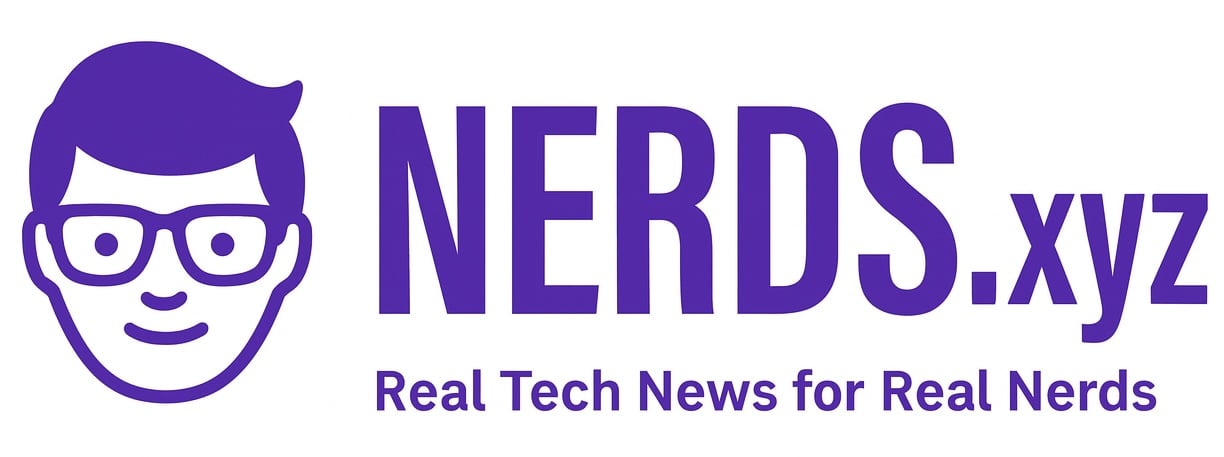
Broadcom and Canonical are expanding their partnership to make deploying Linux-based workloads in private clouds easier. The announcement was made today in Las Vegas, with Canonical’s open-source stack, including Ubuntu, being more deeply integrated with VMware Cloud Foundation (VCF). The collaboration is aimed at helping businesses run container-based and AI-powered applications more securely and with less cost.
Paul Turner, vice president of products in the VMware Cloud Foundation Division at Broadcom, said, “Broadcom has delivered VCF as the industry’s first unified private cloud platform for modern private clouds. Canonical is the trusted leader in open-source innovation and the publisher of Ubuntu, the number one Cloud OS. Together, our partnership will help customers that are building Kubernetes-based modern applications improve developer efficiency, manage security risks, and simplify AI workload deployment.”
Regis Paquette, Canonical’s SVP of global sales alliances, channels and industry verticals, explained, “Canonical is partnering with Broadcom to address a long-standing question from customers: innovate or stay secure? Now, by bringing enterprise-grade Ubuntu and chiseled Ubuntu containers to the VCF platform, organizations can both innovate at speed and get the reliable security maintenance they need to drive the next wave of enterprise and AI innovation.”
The companies said that Kubernetes applications often face issues such as oversized container images, security challenges, and complications with AI workloads in air-gapped environments. VCF already offers a unified cloud experience to deploy modern apps using vSphere Kubernetes Service, and this partnership adds several new benefits.
With VCF and Ubuntu Pro, customers will now have enterprise support that covers the full stack from the Ubuntu operating system to Kubernetes containers. Security patch management will be faster and more streamlined. Developers can also standardize on Canonical’s chiseled Ubuntu containers, which provide lighter images for popular runtimes like Python, .NET, and Go. These smaller containers reduce storage needs, accelerate network transfers, and lower security risks by removing unnecessary components.
For AI deployments, Canonical is offering Ubuntu images that come with precompiled virtualized GPU drivers. This setup eliminates the need for on-node driver compilation and reduces dependency on external repositories. Customers will be able to deploy AI workloads more quickly, with improved security and performance, even in air-gapped environments.
It is quite clear why Broadcom and Canonical see value in joining forces. However, it also raises a fair question: do enterprises truly need two big vendors to simplify Linux workloads in the cloud, or could a single stack with the right support already get the job done? For some businesses, this partnership will deliver peace of mind. For others, it may look like added complexity wrapped in the promise of efficiency.


